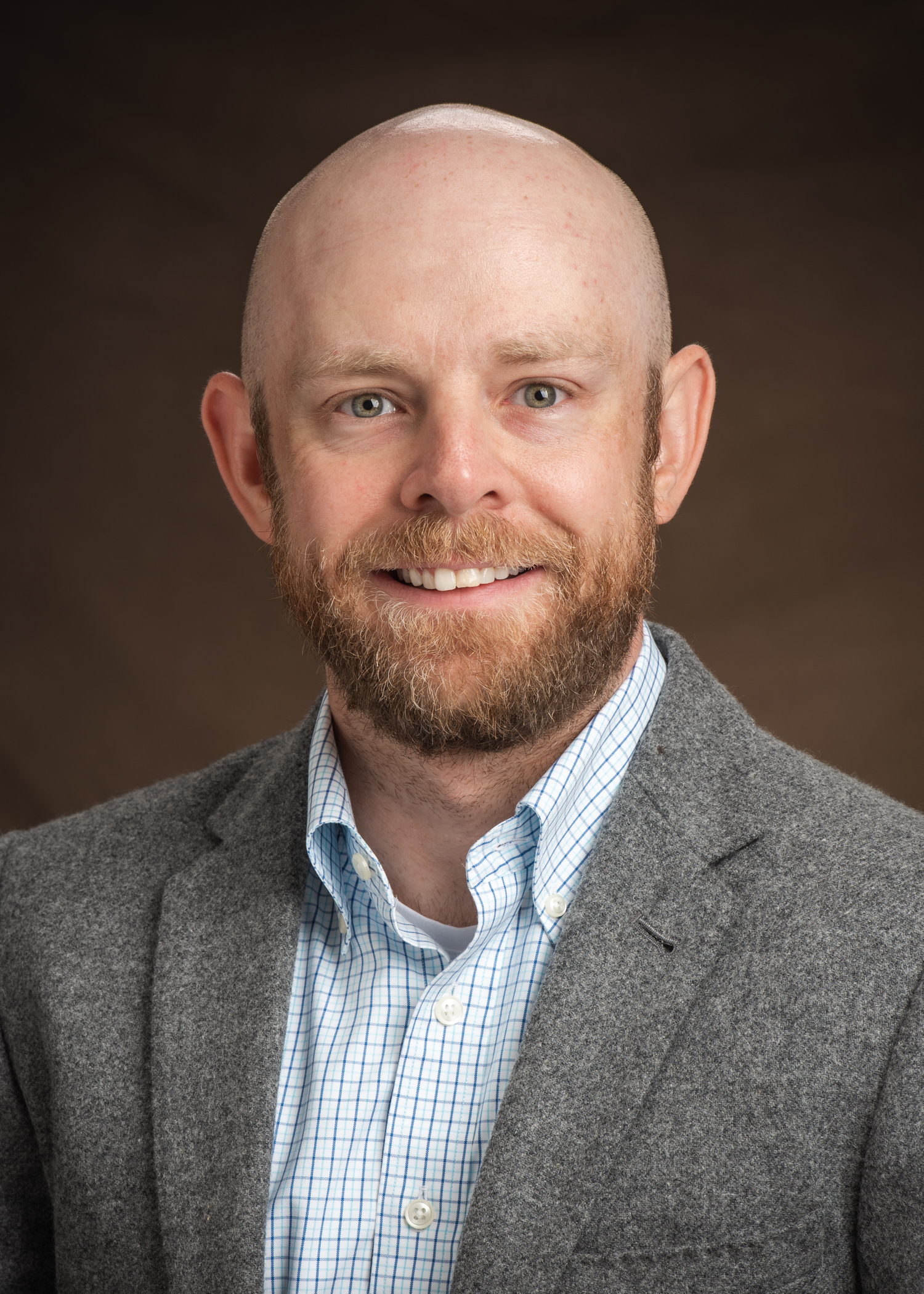Challey Spotlight: Dr. Thomas Krumel
Assistant Professor of Economics
Thomas Krumel is an assistant professor of economics in the NDSU Department of Agribusiness and Applied Economics and a scholar of the Challey Institute for Global Innovation and Growth. He teaches undergraduate courses on microeconomics and computational economics. His research focuses on rural economic development, labor demand, and employment skill gaps. Dr. Krumel has published his work in general interest economic journals such as Applied Economics Letters and The B.E. Journal of Economic Analysis and Policy. Prior to coming to NDSU, he worked as an agricultural economist at USDA, where he received the Under Secretary's Research Award for his contribution to the USDA's rapid response to the COVID-19 pandemic.
Research and outreach highlights:
- Rural America at a Glance: 2021 Edition | USDA Report
- Meatpacking Working Conditions and the Spread of COVID-19 | USDA Report
- Labour Demand in the Time of Post-COVID-19 | Journal Article
You recently completed your first year at NDSU—congratulations! What excites you about being part of the Challey Institute?
The thing that most excites me is the quality of thinkers we have brought in. As a faculty member, it has given me the ability to network and engage with high-caliber individuals in their areas of interest.
We hear a lot about workforce issues and labor demand in the Upper Midwest. What has your research uncovered? How were these longstanding issues impacted by the pandemic?
The Upper Midwest, and specifically the Fargo-Moorhead metro area, have struggled to meet their skilled workforce needs. When looking at employment skill gaps, the concern is that the jobs employers are looking to hire are insufficiently available from the potential labor force. The research I am working on tries to better understand the job requirements available in a particular labor market and work with institutions who provide training to future workers.
The synthesis of my research over the past 12 months suggests the labor issues we were dealing with prior to the pandemic have become exacerbated. In a USDA report on the meatpacking industry, my co-author and I found that workplace characteristics were a major driver in outbreaks for frontline workers. In another paper, we explored a different geographic region and discovered that frontline workers had an enhanced risk of dying as a result of the type of work they engaged in. Finally, in Applied Economics Letters, we found evidence of a major worker shortage, specifically in frontline positions, which was likely driven by pandemic-related factors that caused individuals to drop out of the labor force.
You are leading several Challey Institute programs this fall, including presenting in the Human Progress and Flourishing Workshop on Sept. 23 and facilitating a student reading group on conscious capitalism. What ideas are you looking forward to exploring with NDSU’s students?
I’m looking forward to introducing real-world insights through the academic lens. At my presentation in September, I plan to discuss the rural labor market prior to, during, and after the pandemic to help students better understand how the pandemic impacted rural workers. In the reading group, we will be looking at the positive aspects of capitalism under the context of common pushback. I hope to facilitate discussion about the benefits of capitalism and possible areas of improvement for creating an economy that functions efficiently for everyone. Students will read and discuss texts such as “Conscious Capitalism” by John Mackey, CEO of Whole Foods, and Upton Sinclair’s classic novel “The Jungle.”
How does philanthropy enhance your work as a faculty member?
Because of philanthropy, I am able to conduct independent research into questions of consequence for the region. The support from the Challey Institute affords me the opportunity to pursue topics that I personally find to be important and impactful.



